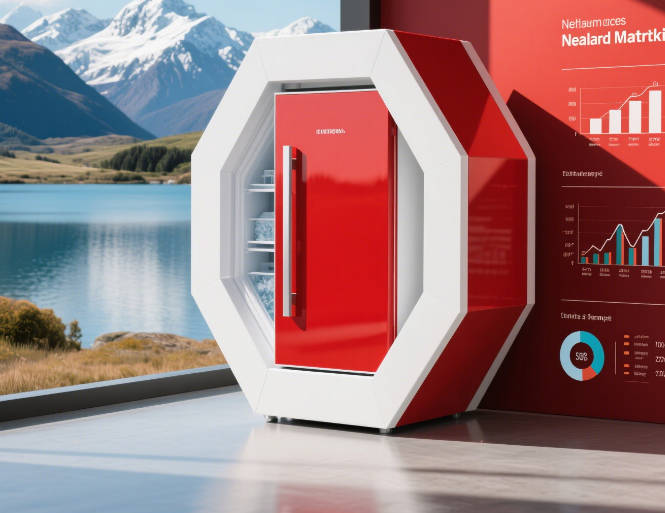
As we approach 2025, the refrigeration industry in Europe and America is on the cusp of significant changes. With growing environmental concerns and technological advancements, the industry is set to embrace a new era of innovation. Here are the top 10 trends that will define the landscape of refrigeration in the coming years.
1. Green Refrigerants: The shift towards environmentally friendly refrigerants is gaining momentum. Hydrofluorocarbons (HFCs) are being phased out in favor of natural alternatives like CO2 and hydrocarbons, which have a lower global warming potential.
2. Energy Efficiency: Regulatory pressures and cost savings are driving a push for more energy-efficient cooling systems. Manufacturers are developing products that consume less power while maintaining or improving performance.
3. Smart Cooling Systems: Internet of Things (IoT) technology is being integrated into refrigeration systems to enable remote monitoring, diagnostics, and optimization. This 'smart' approach can lead to significant operational savings and reduced downtime.
4. Circular Economy: The concept of a circular economy is influencing the design of refrigeration equipment. Manufacturers are focusing on durability, reparability, and recyclability to minimize waste and extend the life of their products.
5. Heat Recovery: As part of the drive for energy efficiency, heat recovery systems are being developed to utilize waste heat from refrigeration processes for other uses, such as heating buildings or generating hot water.
6. Modular Design: To cater to diverse customer needs and facilitate easier maintenance, modular designs are becoming more prevalent. This approach allows for customization and the ability to upgrade individual components without replacing the entire system.
7. Advanced Insulation Materials: Innovations in insulation are reducing the thickness of refrigeration walls while increasing their thermal resistance. This leads to smaller, more efficient units that are easier to install and maintain.
8. Low-Global Warming Potential (GWP) Technologies: Research into low-GWP technologies is intensifying to find safer and more sustainable alternatives to current refrigerants, reducing the environmental impact of refrigeration systems.
9. Artificial Intelligence (AI) in Cooling: AI is being used to predict and manage the performance of cooling systems. By analyzing data, AI can optimize energy consumption and prevent failures before they occur.
10. Consumer Demand for Sustainability: Consumer awareness about the environmental impact of refrigeration is growing. This is driving demand for products that are not only energy-efficient but also made from sustainable materials and designed for a longer lifecycle.
These trends are not only shaping the future of refrigeration but also contributing to a more sustainable and technologically advanced industry. As the market evolves, companies that embrace these changes will be best positioned to succeed in the competitive landscape of 2025.


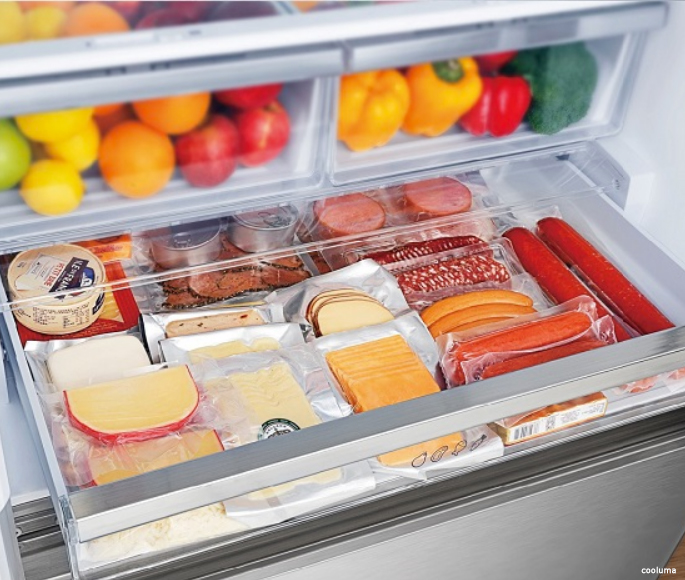
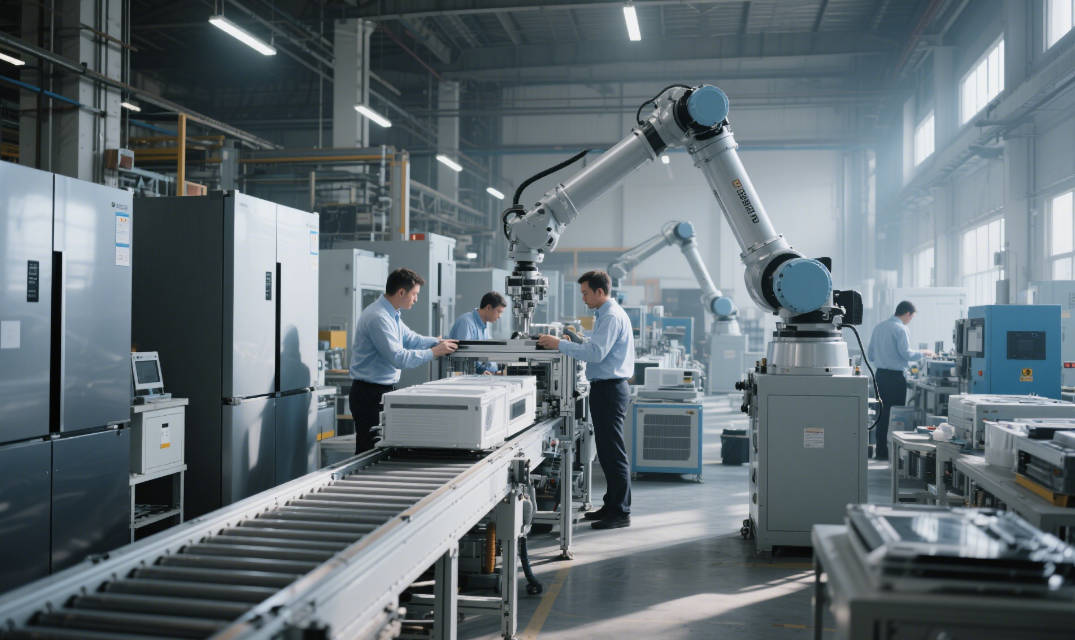
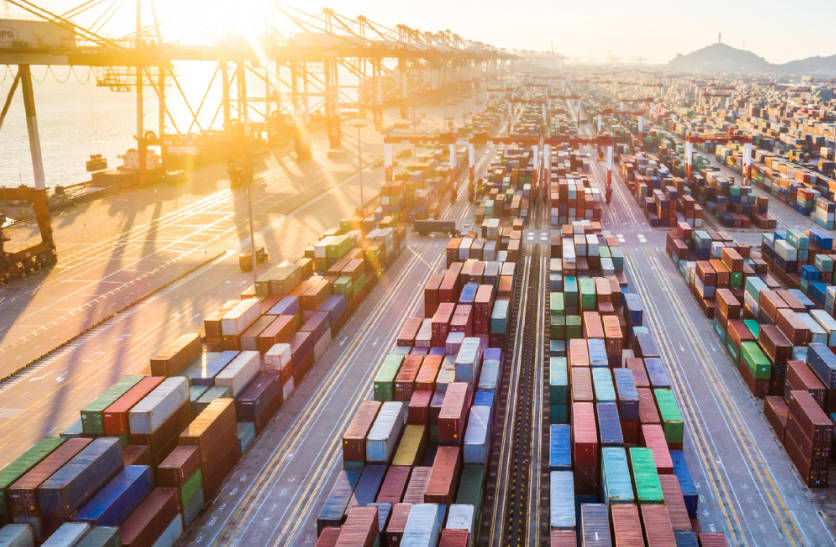
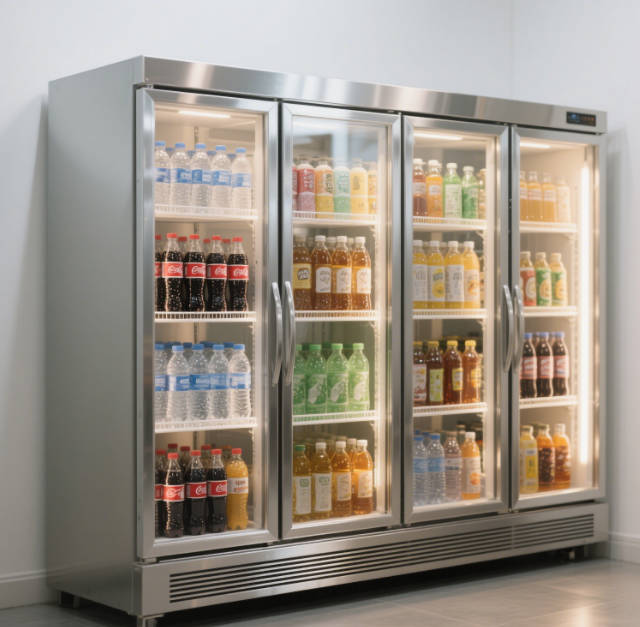
This batch of products seems to be of good quality.